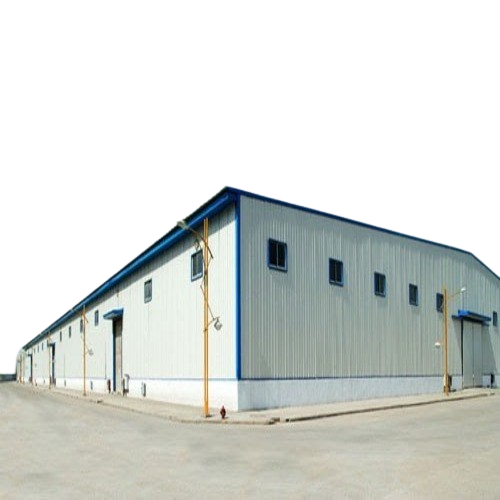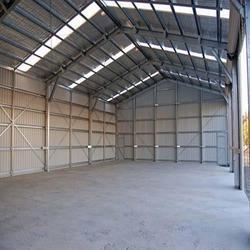How long until I see impact in search results?
Every change you make will take some time to be reflected on Google’s end. Some changes might take effect in a few hours, others could take several months. In general, you likely want to wait a few weeks to assess whether your work had beneficial effects in Google Search results. Keep in mind that not all changes you make to your website will result in noticeable impact in search results; if you’re not satisfied with your results and your business strategies allow it, try iterating with the changes and see if they make a difference.
Help Google find your content
Before you actually do anything mentioned in this section, check if Google has already found your content (maybe you don’t need to do anything!). Try searching on Google for your site with the site: search operator. If you see results pointing to your site, you’re in the index. For example, a search for site:wikipedia.org returns these results. If you don’t see your site, check out the technical requirements to make sure there’s nothing technically preventing your site from showing in Google Search, and then come back here.
Google primarily finds pages through links from other pages it already crawled. In many cases, these are other websites that are linking to your pages. Other sites linking to you is something that happens naturally over time, and you can also encourage people to discover your content by promoting your site.
If you’re open to a little technical challenge, you could also submit a sitemap—which is a file that contains all the URLs on your site that you care about. Some content management systems (CMS) may even do this automatically for you. However this isn’t required, and you should first focus on making sure people know about your site.
Check if Google can see your page the same way a user does
When Google crawls a page, it should ideally see the page the same way an average user does. For this, Google needs to be able to access the same resources as the user’s browser. If your site is hiding important components that make up your website (like CSS and JavaScript), Google might not be able to understand your pages, which means they might not show up in search results or rank well for the terms you’re targeting.
If your pages have different information depending on the user’s physical location, make sure you’re satisfied with the information that Google sees from its crawler’s location, which is generally the US.
To check how Google sees your page, use the URL Inspection Tool in Search Console.
Don’t want a page in Google’s search results?
It might be important for you to opt out your site as a whole or sections of it from appearing in search results. For example, you might not want your posts about your new embarrassing haircut to show up in search results. Google supports various ways that lets you opt out of crawling and indexing of your URLs. If you need to block some files, directories, or even your whole site from Google Search, check out our guide about ways to prevent content from appearing in search results.
Organize your site
When you’re setting up or redoing your site, it can be good to organize it in a logical way because it can help search engines and users understand how your pages relate to the rest of your site. Don’t drop everything and start reorganizing your site right now though: while these suggestions can be helpful long term (especially if you’re working on a larger website), search engines will likely understand your pages as they are right now, regardless of how your site is organized.
Use descriptive URLs
Parts of the URL can be displayed in search results as breadcrumbs, so users can also use the URLs to understand whether a result will be useful for them.









